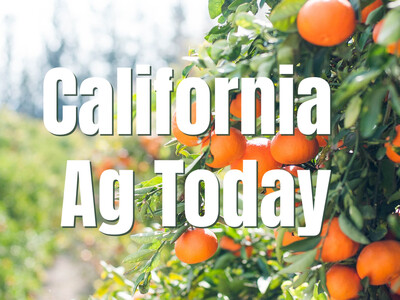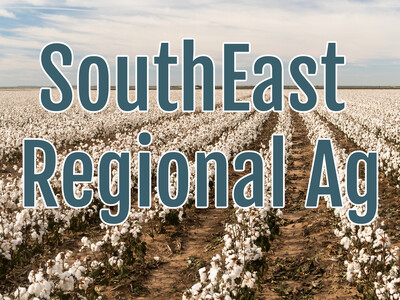Work Visa Backlog & Farm Bill Checkup
Work Visa Backlog & Farm Bill Checkup plus Food Forethought. I'm Greg Martin with today's Northwest Report.The U.S. database for printing visas that crashed on July 20 is slowly coming back online, but there is a huge backlog of visas to print. The Department of State has promised normal visa turnaround for certain high priority visas, but their best estimate for other non-immigrant visas is to expect delays of up to one week and it's believed the delays could be even longer. Washington Farm Labor Association is attempting to schedule 725 farm worker visas for the week of August 11. WAFLA's Director, Dan Fazio.
FAZIO: What we are asking is that all farmers – not just farmers who use the H-2A program – call their Congressman and tell the Congressional office to get on the phone to the State Department to guarantee that H-2A workers get a priority for their visas when they show up at the consulate next week.
Agriculture Secretary Tom Vilsack hosted a media conference call today to provide a six month update on Farm Bill implementation progress. The 2014 Farm Bill reforms agricultural policy, reduces the deficit, and helps grow the economy. Since the Farm Bill was signed, USDA has made progress throughout all Farm Bill titles including the launch of new conservation programs, updates to risk management tools, modifications to farm loan programs, announcements regarding available funds for agricultural research, disaster relief to farmers and ranchers and much more.
Now with today's Food Forethought, here's Lacy Gray.
With meat prices continuing to rise, especially beef prices, a wave of uncertainty has been rolling across the cattle industry. Will people eventually just stop eating beef? Numerous experts in the livestock industry say that while yes, there are those families that have had to move away from buying beef due to the increase in prices, the demand for beef remains strong. And even though beef has been blamed for everything from global warming to heart disease people can't seem to get enough. Consumers are learning to adapt by shopping around for the best prices and "trading off" - having ground beef instead of steak or buying cheaper cuts of meat. One trend that seems to remain consistent over the years with the highs and lows of meat pricing is that when people do have the money to spend on meat, they will buy beef. So far even the experts don't contest the fact that lean beef is full of essential nutrients such as protein, iron and zinc. In fact, a group of physicians and scientists conducting a review for the American Council on Science and Health came to the conclusion that "many of the supposed risks associated with consuming beef lack either scientific support or have been exaggerated".
Thanks Lacy. That's today's Northwest Report. I'm Greg Martin on the Ag Information Network.














